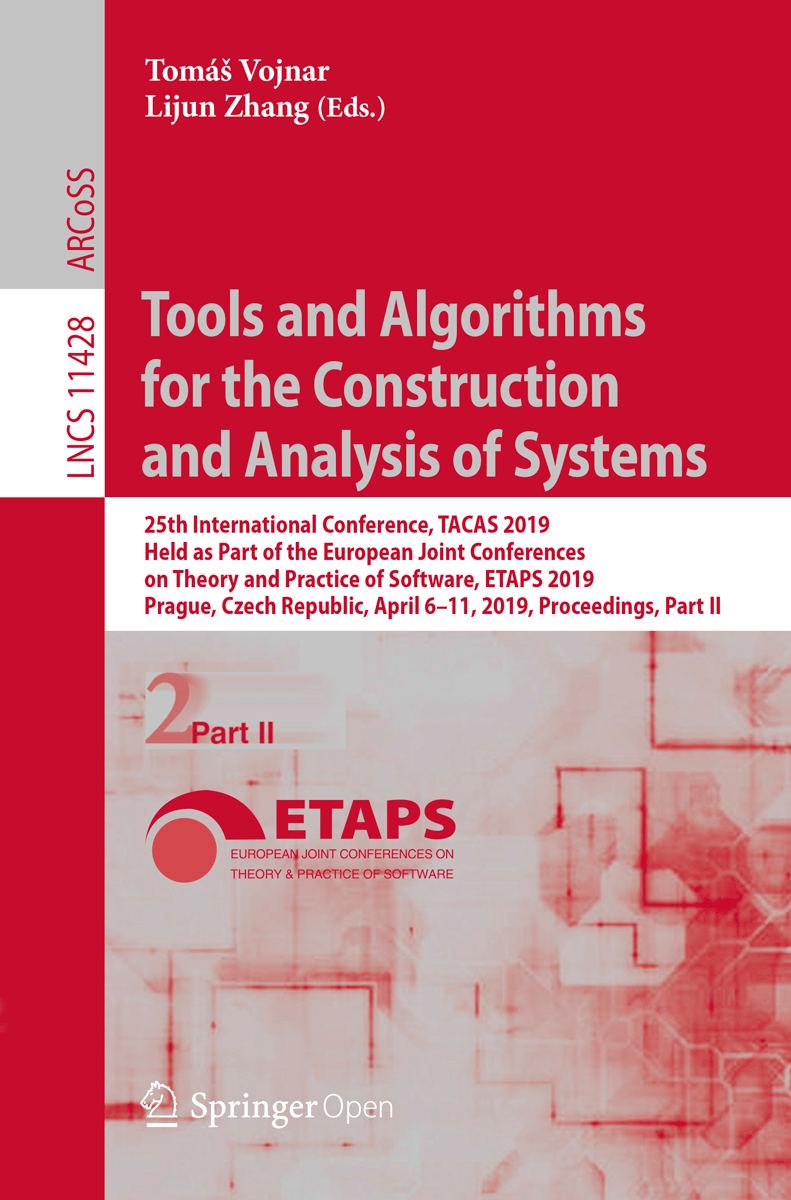Digital Bifurcation Analysis of TCP Dynamics
N. Beneš, L. Brim, S. Pastva, D. Šafránek
Tools and Algorithms for the Construction and Analysis of Systems (TACAS) 2019Digital bifurcation analysis is a new algorithmic method for exploring how the behaviour of a parameter-dependent computer system varies with a change in its parameters and, in particular, for identification of bifurcation points where such variation becomes dramatic. We have developed the method in an analogy with the traditional bifurcation theory and have it successfully applied to models taken from systems biology. In this case study paper, we demonstrate the appropriateness and usefulness of the digital bifurcation analysis as a push-button alternative to the classical approaches as traditionally used for analysing the stability of TCP/IP protocols. We consider two typical examples (congestion control and buffer sizes throughput influence) and show that the method provides the same results as obtained with classical non-automatic analytical and numerical methods.
Cite this paper as:
